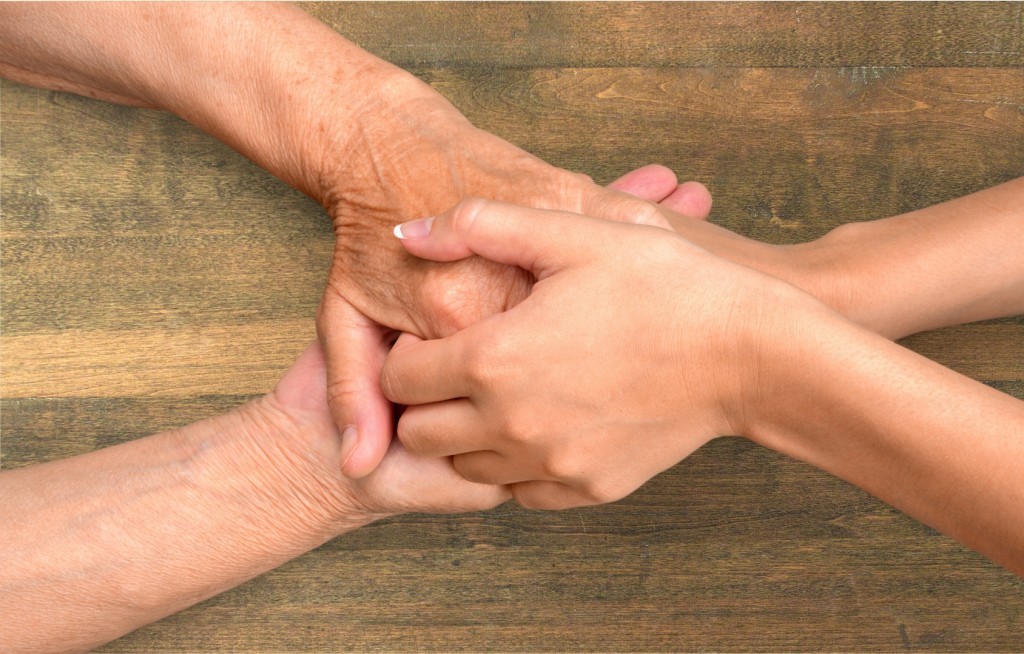Good nutrition is important for everyone, and good nutrition for older adults is especially crucial to maintaining their health and independence and improving recovery time from illnesses and injuries. How older adults get their nutrition varies widely.
On the federal level, there are Nutrition Programs authorized and funded in part by the Older Americans Act. The goal of these programs is “to support nutrition services for adults age 60 and older nationwide.”
The Nutrition Programs are targeted to adults age 60 and older who are in greatest social and economic need with particular attention to:
- low income older individuals
- minority older individuals
- older individuals in rural communities
- older individuals with limited English proficiency, and
- older individuals at risk of institutional care.
The purpose of the OAA Nutrition Program is to:
- Reduce hunger, food insecurity, and malnutrition among older individuals.
- Promote socialization of older individuals
- Promote the health and well-being of older individuals, and
- Gain access to nutrition and other disease prevention and health promotion services.
- Delay adverse health conditions for older individuals.
About 5,000 nutrition service providers together serve over 900,000 meals a day in communities all across the United States.
Types of Nutrition Programs
There are two basic models for providing nutrition services for the elderly in this country: Congregate nutrition services and home-delivered meals. The congregate meal program provides at least one meal per day at senior centers, churches, schools, and other locations. The congregate setting provides opportunities for socialization and companionship. It also offers programs related to nutrition education, exercise activities, health promotion and disease prevention. Some programs also offer meals on weekends. Though the program is geared to individuals age 60 and older, in some cases, the program also serves their caregivers, spouses, and/or persons with disabilities. Transportation is often available for those who have trouble getting around on their own.
The Home Delivered Meal Program (“Meals on Wheels”) provides an opportunity for “shut-ins” or homebound seniors to receive a hot, home delivered meal on a temporary or long term basis, for those seniors who cannot prepare meals for themselves and do not have family or friends to provide assistance. These programs may also serve to provide important daily social contact, a safety net system and resource/referral services as needed.
Data from the National Survey of Older Americans Act Participants illustrates how the Home-Delivered Nutrition Programs are providing a much needed service:
- 56% of individuals served by this program are over 75 years old,
- Over 53% of participants indicate that the one congregate meal provides one-half or more of their total food for the day,
- 80% of participants report the program helped them to live independently.
- More than half of all participants live alone.
Useful Resources
- MedlinePlus: Nutrition for Seniors
- Healthy Eating as You Age: Know Your Food Groups
- Eldercare Locator
